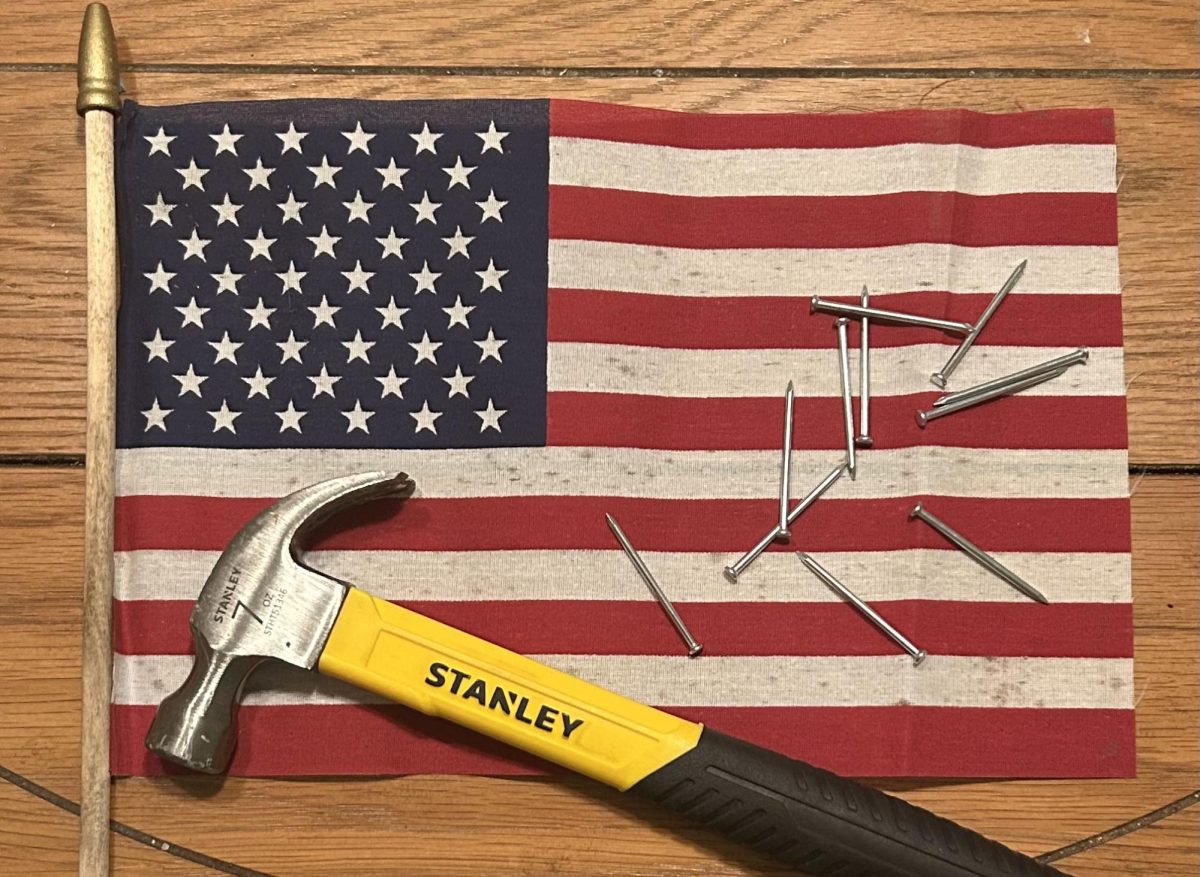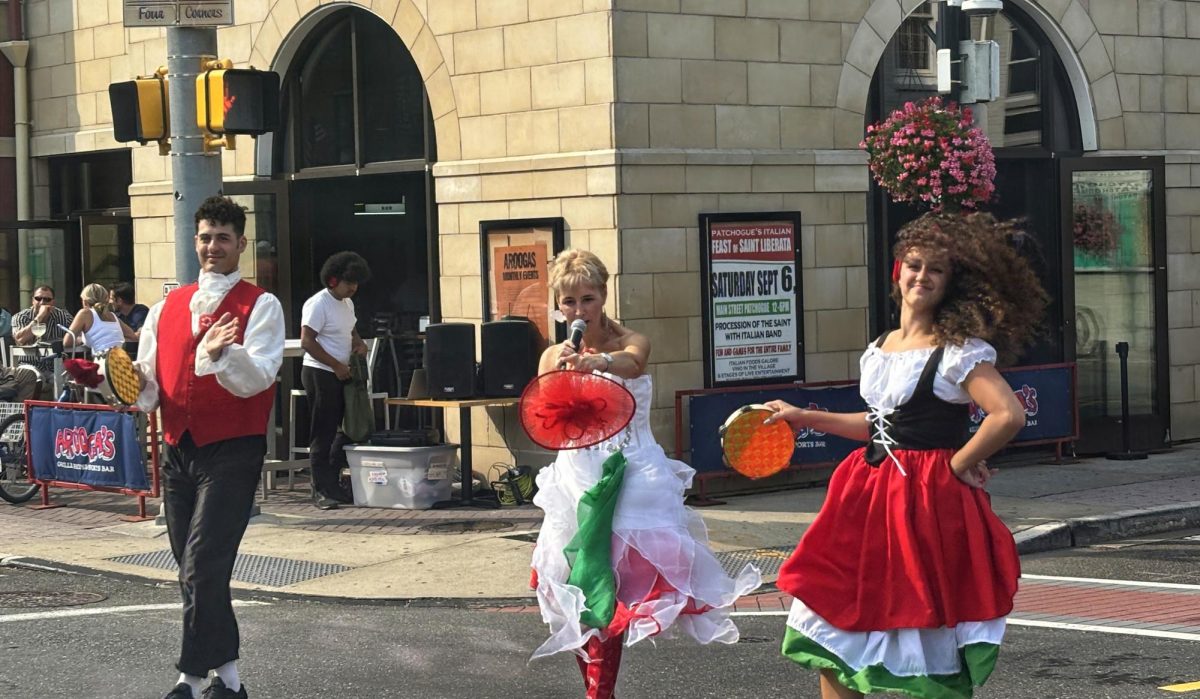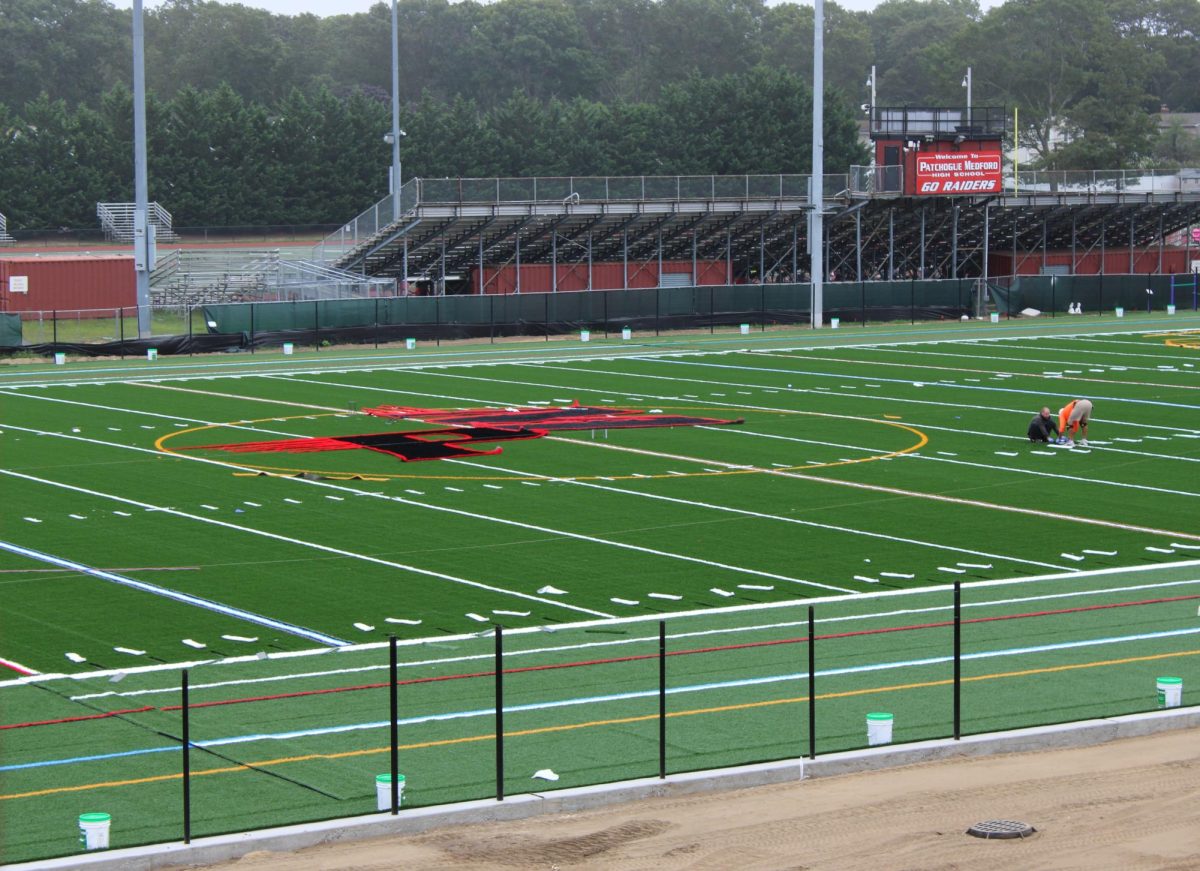Humanitarian, Georgian, Democrat. As the 39th President of the United States, Jimmy Carter has left an indelible mark on the history of our nation, as well as our government, and the world. Now, at the remarkable age of 100, he has passed away, making him the oldest living ex-President– and leaving us to reflect on his legacy.
Before taking office in 1977, Carter lived humbly in Plains, Georgia, with his family who owned a peanut farm in Archery, Georgia. Growing up, James Earl Carter Jr. went to public school, later attending Georgia Southwestern College and the Georgia Institute of Technology.
He then went to the prestigious U.S. Naval Academy, graduating with a Bachelor of Science degree in 1946. Carter was insistent about wanting to serve the nation ever since he was young, and this became especially important to him during his time at the Academy during World War 2. It was also this year that he and wife, Rosalynn Carter, got married.
Upon graduation, he commissioned into the U.S. Navy and completed two years of ship duty, then submarine duty. After being a radar and combat information center (CIC) officer, he had a submarine named after him for his advancement of the nuclear energy powered submarine (the USS Jimmy Carter SSN-23) field within the Navy, and was honorably discharged as a lieutenant in 1953.
After his military career, he continued maintaining his family’s peanut-growing business. During this same time, racial tensions stirred in his hometown, so Carter began getting involved in issues regarding human rights in politics.
He campaigned to become Georgia State Senator and won, taking office in 1963. In his time as Senator, he opposed the intolerance of literacy tests, legislation implying standardized religion, and more. This open-mindedness, among other things, ultimately led to his defeat for reelection, ending this career in 1967.
He continued on with politics, becoming the Governor of Georgia for four years, and then campaigned for the Presidency in 1976- the most well-known expedition of his career.
The Carter administration holds much controversy today, due to his response to the Iran Hostage Crisis, economic issues, foreign policy debates such as the Camp David Accords, and what some believed was a passive leadership style.
He had many unsuccessful legislative journeys…. even though his party (Democrat) controlled both houses of Congress. There was much resistance towards his ambitious dreams of reform that limited the changes he could make.
Despite this one-term (1977-1981) leader’s challenges, he did prove himself to be a bold human rights advocate (through his shifts in aid to foreign countries), defender of many environmental initiatives (as shown by the establishment of the Department of Energy), and initiator of a bunch of key legislation being passed to serve towards conservation and renewable energy, as well as the Surface Mining Control and Reclamation Act.
“He was a peanut farmer… I’d say he was a laidback President, though he was very environmentally conscious,” says Richard McCartney, history enthusiast and former Medford resident.
Carter was known for his rural upbringing, maintaining his modesty throughout his time in the White House and carrying it with him after leaving office.
“He carried his own luggage on Air Force One. He wanted to show that he was an ordinary guy, blue jeans and all.”
“He’s also the first President that walked in the Presidential Inauguration parade as opposed to riding in the parade. And with that he set a precedent for all the other presidents since then, since 1977, that every President now has walked in the parade as opposed to riding in,” McCartney adds.
Once out of office, to pay back his family’s peanut farm debt, Carter wrote many books about his time as President, before moving on to his humanitarian efforts post-presidency.
In 1982, he founded the Carter Center, a nonprofit organization made to support human rights, alleviate global suffering, and help to improve the quality of life of people around the world. The body is known for collaboration with the World Health Organization, prompting international efforts to treat and eliminate Guinea worm disease, and mediating foreign conflict.
On top of these incredible deeds, President Carter and his wife volunteered with Habitat for Humanity each year until 2020, defending affordable housing for all. 2024 marked the 40th anniversary of the Jimmy & Rosalynn Carter Work Project, a particularly major milestone for Habitat for Humanity.
“He wanted to portray himself as an ordinary person,” says Richard McCartney. “Down to earth, you know, which he was.”
When Mrs. Rosalynn Carter passed away in 2023, she was laid to rest at the Carter Home, which is a part of Jimmy Carter National Historical Park. The late President is set to be buried there soon as well, and in the meantime is resting in the rotunda of the U.S. Capitol.
Carter has had a profound impact on the history of our nation, and his passing on December 24th will be remembered by all. In commemoration, U.S. flags across the nation are currently being flown half-mast.
Funeral services began Saturday, and will conclude on Thursday, January 9th, at 10am from the Washington National Cathedral. These arrangements can be viewed by the public on several live news channels such as PBS News.
On this date, the stock market, federal offices, federal courts, and postal services will be closed tomorrow as well in accordance with the National Day of Mourning.








